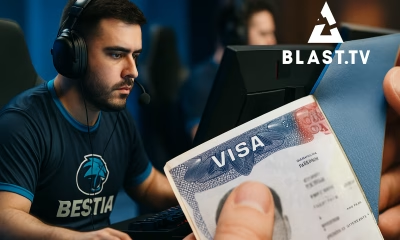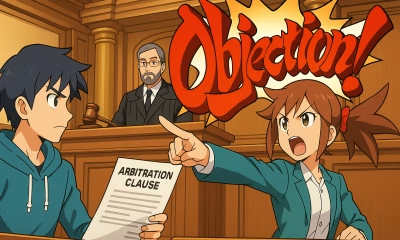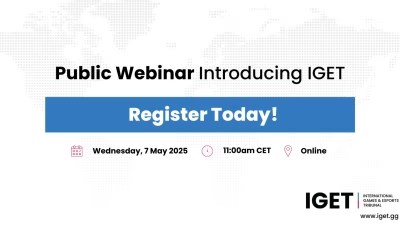Labor&Immigration
Moist Esports’ Legal Battle with U.S. Immigration over B1-Visas
The esports industry has recently been thrust into a legal spotlight due to Moist Esports’ initiation of a lawsuit against the U.S. Department of Immigration. This action follows a series of visa denials for the Australian contingent of their Apex Legends team, a pivotal challenge given the team’s qualifications and the implications of their participation in critical esports tournaments. This article offers an in-depth analysis of the legal and procedural aspects of the case, referring to foundational visa policies as discussed in our previous coverage on esports and U.S. immigration law.

Table of Contents
Case Background
Charles ‘MoistCr1TiKaL’ White Jr., the founder of Moist Esports, has publicized the organization’s struggles with obtaining U.S. visas for its players. Despite qualifying for a major tournament in Los Angeles, the team faced repeated visa rejections. The U.S. immigration authorities challenged the veracity of the team’s professional status and ranking, leading to initial visa applications being denied. Subsequently, the players were compelled to abandon their team visas and individually apply for B-1 business visitor visas instead of P-1 or O-1 visas, which are typically issued for attending conferences or consulting with business associates. The last-minute approval of these visas allowed the players minimal preparation time for the tournament.
Legal Foundations of the Dispute
The lawsuit is built on allegations of procedural mishaps and the potential misinterpretation of eligibility criteria under U.S. immigration laws concerning professional esports players. As detailed in “An Overview of Esports and United States Immigration Law,” the specific visa requirements and criteria for esports athletes are intricate and often subject to the discretionary powers of immigration officials. The denial of P-1A visas, intended for internationally recognized athletes, to Moist Esports players suggests a significant disconnect between the recognition of esports in legal versus operational realms of immigration policy.
Challenges in Legal Proceedings
The case unfolds under the shadow of sovereign immunity, which may limit the scope of recoverable damages against a government agency, as hinted by MoistCr1TiKaL’s commentary on constitutional constraints. The discretionary nature of visa issuance, particularly under the P-1A category, often leaves substantial room for subjective decision-making by immigration officers. This aspect makes legal challenges arduous and sets a high bar for proving any claims of improper handling or bias in visa processing.
Economic Impact and Organizational Disruption
The visa denials and subsequent legal battles have wrought considerable financial strain on Moist Esports. The inability to compete under the organization’s banner not only resulted in direct financial losses but also diminished potential sponsorship and earnings from the tournament. These disruptions underline the significant stakes that immigration decisions hold over esports organizations, which operate in a rapidly globalizing competitive field.
Concluding Observations
This lawsuit may serve as a critical juncture for the recognition and handling of esports professionals within U.S. immigration frameworks. It challenges the consistency of the application of immigration laws to esports athletes, a relatively new area where traditional sports and modern digital competitions intersect. Whether or not Moist Esports succeeds in its legal claims, the outcome will likely influence future policy considerations and the operational practices of immigration authorities dealing with similar cases.
Image source: VisaService.de

















